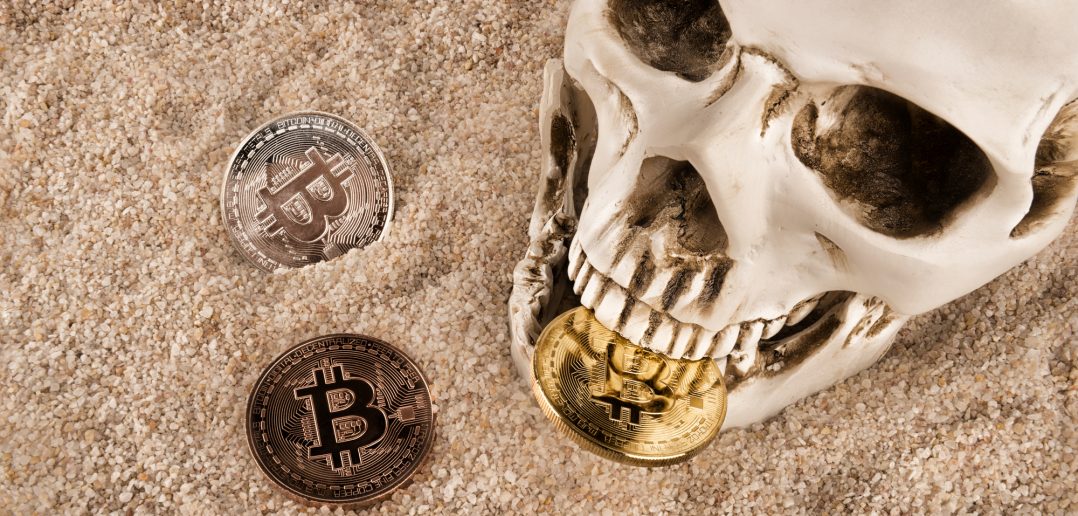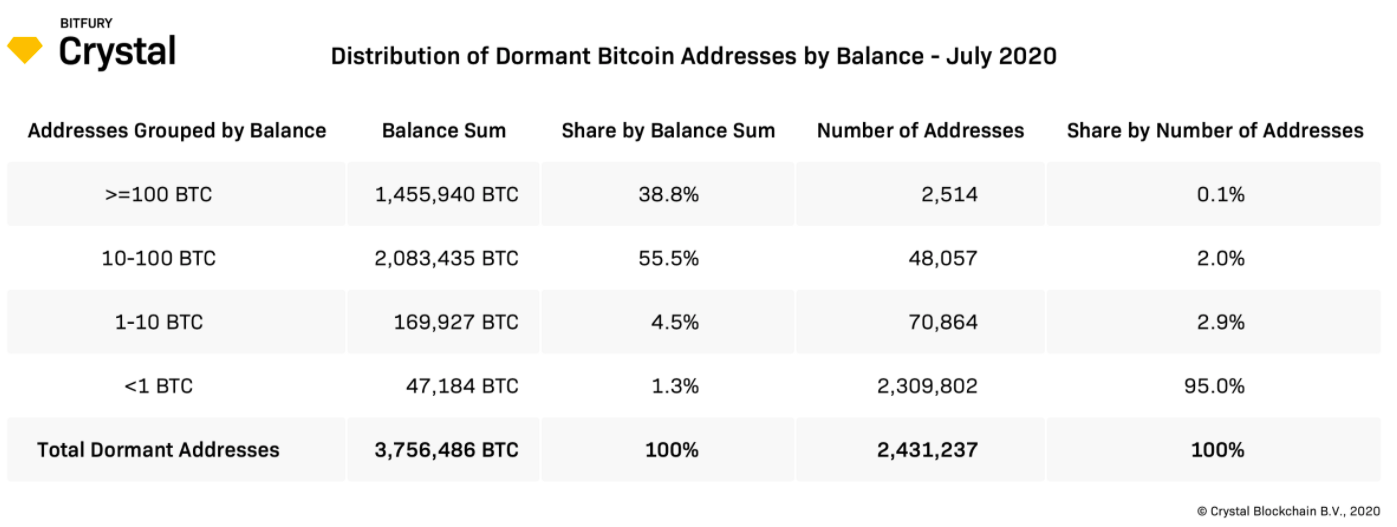
Non-hackable cryptocurrency storage is only useful while you’re alive. Billions of US dollars in Bitcoin (BTC) are lost forever, in part, because heirs can’t get their hands on the inheritance. How can the whole thing be prevented?
You live, you learn, you buy Bitcoin (BTC), you die. Surely you keep your coins in a well-protected place. Cautious Hodlers, with their keys safely tucked away, care about good custody. They know their Coins are safely stored while they are alive.
Transferring the funds to an heir after death, however, is another matter entirely. As the number of Facebook profiles of deceased people increases, so do the amounts of crypto sitting in the wallets of the dead.

A custodial service called Coincover claims that over 4 million Bitcoin (just under 20% of all BTC) are lost forever. That’s about $216 billion at today’s prices. Unlike a bank or broker, which has an account attached to a name (and a social security number in the US), crypto wallet keys are the only way to access it.
Bitcoins lost forever?
Digital currency pioneer Hal Finney, who died in 2014 from complications of ALS, was also known as the second user of Bitcoin – after Satoshi Nakamoto himself. The cryptography pioneer, who was only 58 at the time of his death, likely owned a large amount of Bitcoin from the early days of the digital currency. There are actually some well-filled wallets whose coins have not been transferred since 2014 – do some of those coins perhaps belong to Finney?
As far as is publicly known, he has not shared any keys to wallets. Thus, his digital fortune could be lost forever. However, Finney has cryonically frozen his body, so we may learn more about him in the future.
ALS is a disease that causes paralysis and can make communication difficult. Finney may not have been able to share information about his crypto heritage.

Another high-profile case: Gerald Cotten, a Canadian mogul of the QuadrigaCX exchange. In 2018, the young executive died suddenly as a result of Crohn’s disease. Many unethical practices came to light and the company went bankrupt.
Ernst & Young was blamed for the company’s inaccessible cold wallets. The FBI and Canadian authorities not only investigated the death, but also tried to gain access to the funds. However, as of June 2020, they only captured $46 million out of a possible $190 million. It almost seems like Cotten was able to protect the keys – and possibly faked his death.
Zombie Bitcoin Billionaires
Crystal Blockchain has found that 1.5 million dormant addresses contain more than 100 BTC.

Their research also found that 54% of the BTC studied came from mining, and only 4% from the darknet. Accordingly, Bitcoin from miners dominate these dormant wallets. It is possible that the Hodlers are Bitcoiners from the beginning. Whether or not the keys to the wallets are lost is not clear.
It is not easy to discuss whether the coins are dormant or lost. Some whale addresses do not have a single outgoing transaction. Another address has a mysterious name for the wallet’s public key (1111111111111114oLvT2) and appears to have been created for burning BTC.
Protect Your Coins
A custodial service could remedy the situation. However, that also means giving up your anonymity and the complete control over your funds. Sheraz Ahmed, managing partner of STORM Partners, says these services might be inconvenient for some old-school crypto Hodlers. The easiest way to protect the coins is to let a trusted person in on it:
The easiest way to transfer Bitcoin to another party after death is to make sure someone gets a copy of your private key.
Sheraz Ahmed
Meanwhile, there are some custodial services, such as TrustVerse or Casa. Some exchanges even allow users to name a beneficiary in case the owner passes away. These beneficiaries must provide a death certificate or other highly secure proof of ownership. Furthermore, it is a good idea to mention the necessary information in the will.
Interview with Marc Steiner
On this very topic, CVJ.CH has already conducted an interview with digital expert and Bitcoin advisor Marc Steiner, who published a book titled “Keeping and bequeathing Bitcoins” in August 2020.
*Originally posted at CVJ.CH

